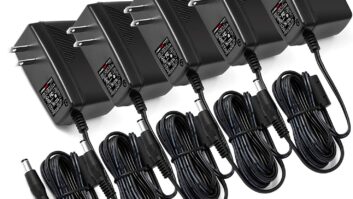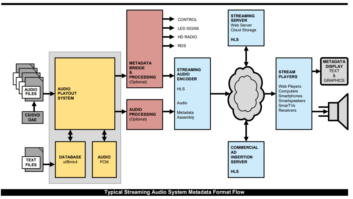The NRSC will test 31 receivers to see the effects of reducing the AM transmission bandwidth on various units.
Clear Channel has made it a policy, as previously reported by RW Online, to reduce its bandwidth to 5kHz for its non-music intensive AMs and to 6 kHz for music-intensive AMs to decrease interference on the band. Also, IBOC requires AMs to reduce their audio bandwidth to 5 kHz in order to properly implement that technology.
The NRSC is looking at the issue, but has decided it needs more information to make a decision about possible standard-setting in the future.
The issue is political and controversial, NRSC sources privately told RW Online, because some stations that don’t plan to go IBOC believe the change would not reduce interference.
“We’re looking at a lot of receivers. We’re going to see what they’re capable of,” said Milford Smith, co-chairman of the DAB Subcommittee of the NRSC.
NRS Chairman Charlie Morgan said, “We want a comprehensive evaluation of the receiver population that exists today.” He said the test plan, which is still being worked out, is likely to include objective and subjective testing. When testing would begin is undetermined.
Frank Foti of Telos and John Kean of NPR co-chair the group, which does not have standard-setting authority.
NRSC to Review AM Receivers in Bandwidth Reduction Tests
NRSC to Review AM Receivers in Bandwidth Reduction Tests












